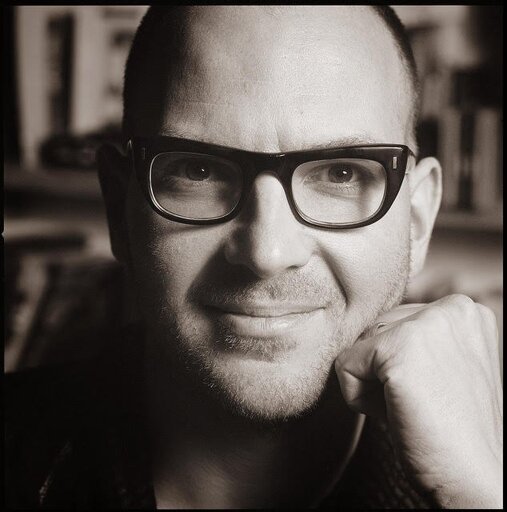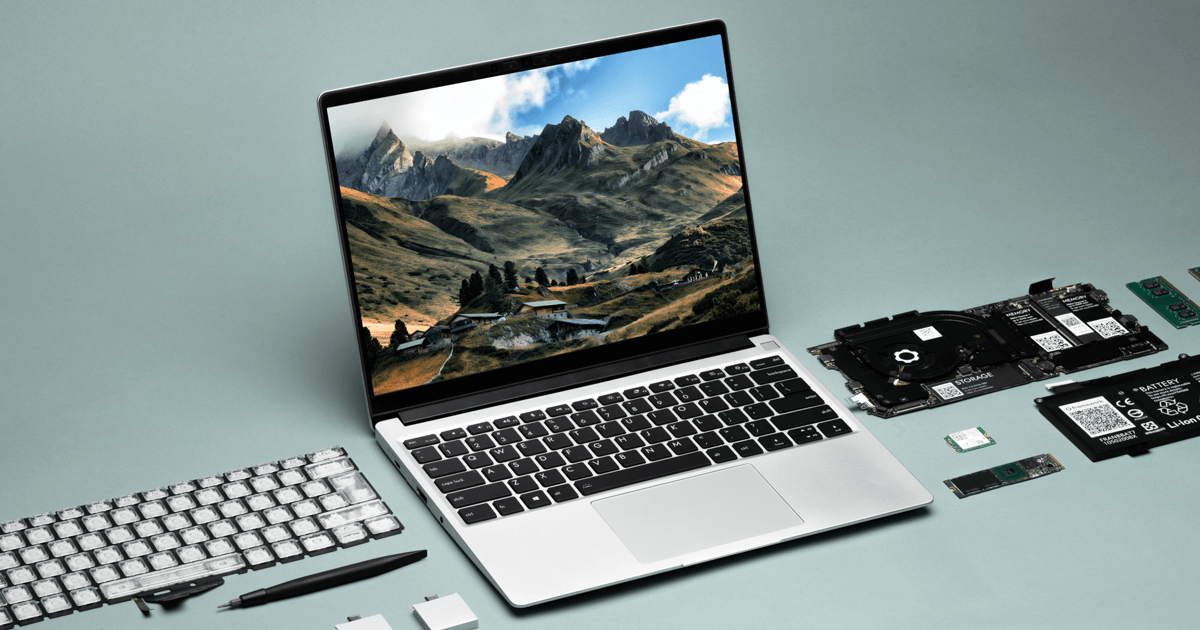

I love your observations here, and applaud the good work. A few thoughts:
- I think the problem is more complex than “switch from platform A to (better) platform B”. The reason for this is that in many ways the reason “platform B” is better (e.g. Mastodon, PeerTube) is that it is creating a forest (ecosystem) rather than a skyscraper (monolith).
- People have become used to signing up for services at a single site, and this relationship/architecture teaches us something–that there are only two parties, “me” and “the service”. The service is almost always run by a mega corporation.
- But in terms of human society, this is a very, very strange relationship/architecture, historically. Usually, we are part of a community. And our community is connected to and bridged with other communities. And the communities form larger and larger alliances and nations etc. The internet has “cut out” the community layer, and then fed us a topology and service that makes it look like community (e.g. Discord), as long as we follow the monolith’s rules.
- Inevitably, like the When We Get Komooted author explains, monolithic corporate apps lose alignment with the needs of their users, and often by design enclose the community and extract value while selling the community out.
- To avoid this, we need to re-imagine how we relate to our services–we should be thinking first in terms of picking a community, and supporting that community, and making sure our community supports the services we need, and then in terms of connecting our communities to larger and larger alliances and structures.
IMO, this is the only way to re-gain the power that we need so that we can align our services with our natural human needs, and avoid the enclosure, drift, and extraction playbooks that for-profit monoliths execute on.
And BTW I’m not against for-profit companies. I just think we have to sort out what’s best for us and put our “money where our mouth is” in building up strong alternatives.












I love your insights, thanks for commenting. I’d just note that in some cases the word “nerd” has grown to mean just about anyone with competence or expertise due to their intrinsic interest & enthusiasm for the subject area. So maybe becoming an “equestrian nerd” or a “construction nerd” makes you immune to overbroad marketing claims in those areas!